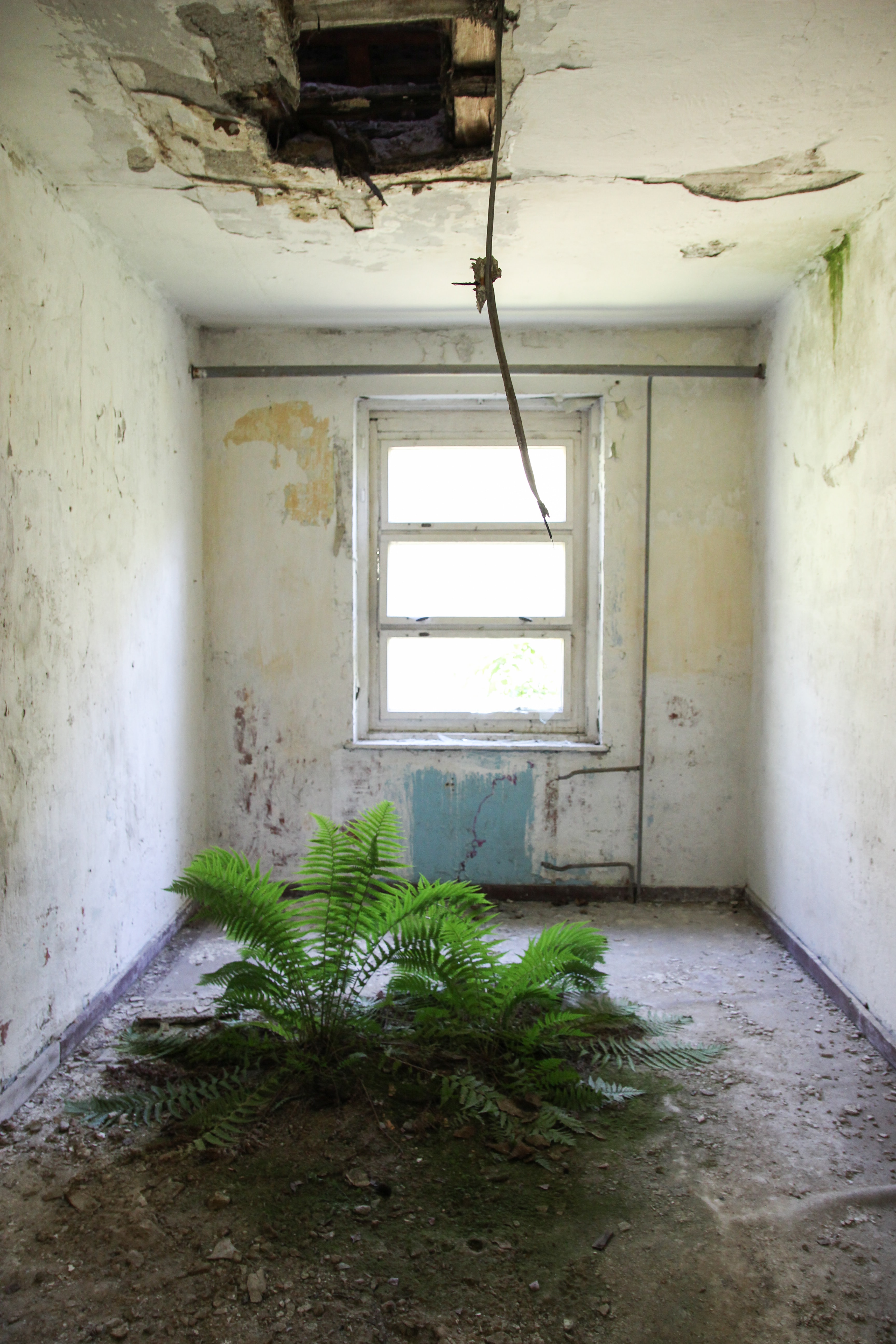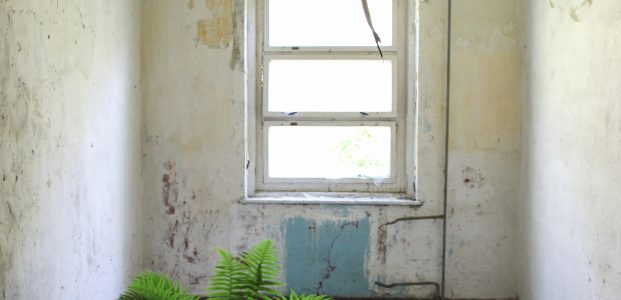1. What is the first things that comes to mind when reading the sentence ‘The Playful Voices of Academia’?
I think playful voices of academia include voices from those who research, teach and learn (and play) in an academic setting, while they also engage in playful practices which explores and challenges the boundaries of conventional academic processes, and maybe even invent new ones. I think emphasising playfulness in academia can open up academic processes (whether that is research, teaching or learning) to new directions which can be surprising, imaginative, speculative, critical and creative.
2. Why are game jams important in the academic world? Are they important everywhere or only in some areas of academia?
Game jam formats present themselves as rich opportunities for playful explorations and collaborations across disciplines. There are already many examples on curious collaborations between disciplines taking place in an intensive game jam format. Taking a look at the popular open game jam formats such as the Global Game Jam or the Nordic Game Jam we see programmers, game and level designers, graphic artists, creative writers, audio designers, or just people curious on game making collaborating in order to come up with novel, fun, and different experimental game ideas, which may challenge conventions of what typically makes a game. Academia has also taken an interest in game jams, and there are game jams where both researchers, students, and game development amateurs and professionals collaborate in these intensive and short game creation events. I think game jams can potentially play an important role in academia where there is a wish for multidisciplinary and imaginative collaborations that seek to go beyond usual academic practices, by engaging with a format that is safe to fail in and thereby allows people to experiment with potentially innovative thinking and doing.
3. What do you think game jams can contribute with or change about teaching and learning in higher education? And what are some of the most promising use cases according to you?
I think game jams can offer a dedicated space and time for people where it is safe to experiment and perhaps even fail. The end product of a game jam can be very interesting, but is not necessarily the most important aspect of a game jam. The kind of thinking and doing which takes place during a game jam can be of as much, if not even more, importance as the final product. This aspect of game jams opens up the format to a wider audience; Participants do not need to be experts in game engines and create the best game (though this is certainly also an option), since it is the thinking that counts. The short time frame of a game jam forces one to keep making design decisions that moves an abstract idea closer to a concrete and functioning prototype. Going beyond abstract theorizing and idea generation and towards the more concrete is an aspect of game jams which I believe can contribute to and support how people generate knowledge. A game jam format can be tailored to support and encourage thinking and doing in a reflected academic way: Teachers can teach curricula which can be used by students as a theoretical resource for supporting concrete game design decisions; Participating researchers and students can step into a ‘fail-safe’ zone where they can explore new directions for research questions and endeavours; Abstract ideas can be generated and experimentally transformed into something visually, auditory, and perhaps even tangibly concrete; Theoretical frameworks for game designing can be ‘stress-tested’ by participants in a game jam, etc.
4. How can we create a culture in the academic world where game jams is a valuable approach and a recognised and valued teaching method? How do we get there?
We can begin experimenting with game jam formats and tailor them to support more reflective practices for students. This can for example be to: include curricula as foundational game design inspiration sources; organize collaborations with relevant stakeholders and target groups; include feedback sessions during the game jam, and presentations of the developed game ideas which emphasises how students made the games and what kinds of resources (such as a curricula) they were inspired by and why. There is a small, but growing, body of research literature on game jam formats for teaching, which can be built upon. Furthermore, game jams can be offered as part of seminars or conferences where there often is a wish for multi- and interdisciplinary collaborations. The incentive for this can also be to expose the formats, and their opportunities and limits for teaching, for other teachers, wishing to incorporate more reflective and playful practices.
5. What would YOU like to ask or read more about in relation to play, playfulness & academia (max 280 characters including spaces)?
I am interested how we, not only as teachers and students, can be more playful as researchers, and how we can benefit from incorporating playfulness in our practices, whether that is in collaborations, research question formulations, data generation, data documentation, knowledge dissemination and publication practices.
 My name is Jeanette Falk Olesen, a PhD fellow from Aarhus University, and my research field is within interaction design and HCI. My research explores how accelerated design process formats such as game jams and hackathons shape the way people generate abstract ideas and transform those ideas into concrete and illustrative prototypes in a very short amount of time. During my research, I have been intrigued by how the formats seem to invite and attract a broad audience to come up with explorative, curious and imaginative ideas about not just surprising games, but also technology in general. For me, doing is as an important part of knowledge generation as thinking is. Therefore, I have as part of my research practice participated actively as a level and game designer, programmer and graphics artist in game jams and hackathons. I have furthermore often incorporated game jams and hackathons as part of teaching.
My name is Jeanette Falk Olesen, a PhD fellow from Aarhus University, and my research field is within interaction design and HCI. My research explores how accelerated design process formats such as game jams and hackathons shape the way people generate abstract ideas and transform those ideas into concrete and illustrative prototypes in a very short amount of time. During my research, I have been intrigued by how the formats seem to invite and attract a broad audience to come up with explorative, curious and imaginative ideas about not just surprising games, but also technology in general. For me, doing is as an important part of knowledge generation as thinking is. Therefore, I have as part of my research practice participated actively as a level and game designer, programmer and graphics artist in game jams and hackathons. I have furthermore often incorporated game jams and hackathons as part of teaching.
Keep the playful conversation going with Jeanette on Twitter:
@jfalkolesen
And follow her work on linkedIn:







